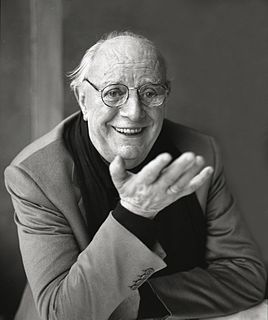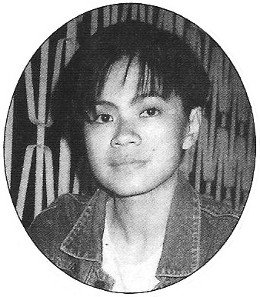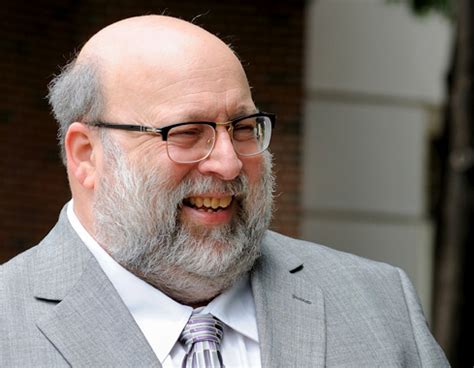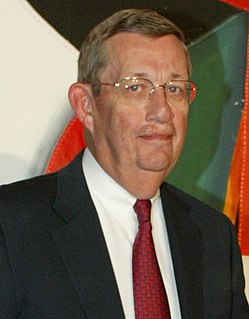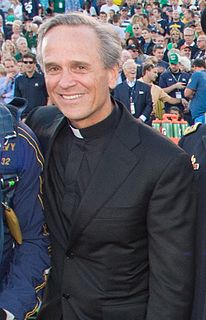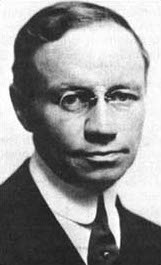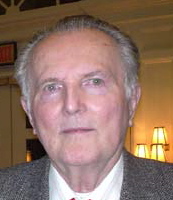A Quote by Rebecca MacKinnon
Democratic institutions are based on a reality of human nature: that those with power, however benign or even noble their intentions, will do what they can to keep it.
Quote Topics
Related Quotes
Even in a jungle, lovely flowers will spring up here and there, such being the fecundity of nature, and however badly our pastors and masters run our society, however much they pull to pieces that which they claim to be keeping intact, nature remains fecund, human beings are born with human traits, sometimes human strength outweighs human weakness, and human grace shows itself amid human ugliness. ‘In the bloodiest times,’ as our play has it, ‘there are kind people.’
Human nature has its fatal weaknesses, but 'love' means embracing the whole of human nature, the bad within the good, the benign within the malicious, the beautiful within the tragic. 'Love' is the experience of this whole, its unfinished parts, including those of one's own in relation to those of the other.
When one speaks of humanity, the idea is fundamental that this is something which separates and distinguishes man from nature. In reality, however, there is no such separation: "natural" qualities and those called truly "human" are inseparably grown together. Man, in his highest and noblest capacities, is wholly nature and embodies its uncanny dual character. Those of his abilities which are terrifying and considered inhuman may even be the fertile soil out of which alone all humanity can grow in impulse, deed, and work.
We need to be clear that there is no such thing as giving up one's privilege to be 'outside' the system. ONE IS ALWAYS IN THE SYSTEM. The only question is whether one is part of the system in a way which challenges or strengthens the status quo. Privilege is not something I take and which I therefore have the option of not taking. It is something that society gives me and unless I change the institutions which give it to me, they will continue to give it, and I will continue to have it, however noble and egalitarian my intentions.
He who will please the crowd and for the sake of the most ephemeral renown will either proclaim those things which nature does not display or even will publish genuine miracles of nature without regard to deeper causes is a spiritually corrupt person... With the best of intentions I publicly speak to the crowd (which is eager for things new) on the subject of what is to come.
I am far more concerned about policies of the Democratic administration and Democratic Party that infringe on the rights of religious institutions and practices and open the door for using taxpayer dollars for abortions, to which many Americans have profound moral objections. Those are steps that would show a lack of respect for Catholics and their institutions.
Democracy must stand or fall on a platform of possible human perfectibility. If human nature cannot be improved by institutions, democracy is at best a more than usually safe form of political organization . . . . But if it is to work better as well as merely longer, it must have some leavening effect on human nature; and the sincere democrat is obliged to assume the power of the leaven. [Progressive]
What is true is that the idea of power corrupts. Power corrupts most rapidly those who believe in it, and it is they who will want it most. Obviously, our democratic system tends to give power to those who hunger for it and gives every opportunity to those who don't want power to avoid getting it. Not a very satisfactory arrangement if power corrupts those who believe in it and want it.
What sparks wars? The will to power, the backbone of human nature. The threat of violence, the fear of violence, or actual violence, is the instrument of this dreadful will. You can see the will to power in bedrooms, kitchens, factories, unions and the borders of states. Listen to this and remember it. The nation state is merely human nature inflated to monstrous proportions. QED, nations are entities whose laws are written by violence. Thus it ever was, so ever shall it be.

